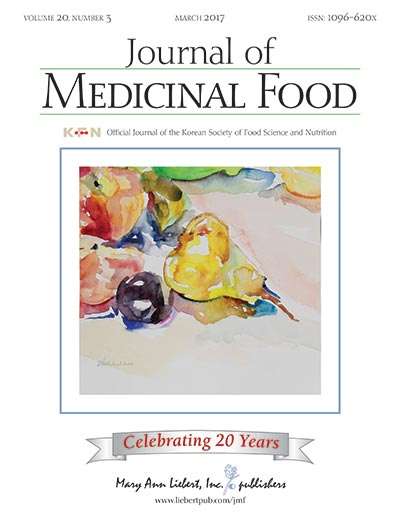Metabolic mechanism identified for R-LA induced cell death in liver cancer cells

A new study that measured metabolite levels over time in starved rat liver cancer cells showed that treatment with a form of alpha-lipoic acid (LA) inhibited glucose uptake and glycolysis, and led to decreased cellular glucose production from non-carbohydrate sources, which may help explain how the naturally occurring R enantiomeric form of LA (R-LA) promotes the death of hepatoma cells.
Researchers supported their findings with measurements of amino acid metabolism and lactic acid production in R-LA and untreated hepatoma cells, as reported in Journal of Medicinal Food.
LA is a powerful antioxidant and R-LA is an essential cofactor in cellular energy metabolism. Naoko Ikuta, Seiichi Matsugo, and coauthors from Graduate School of Medicine, Kobe University, Kanazawa University, and CycloChem Bio Co. (Kobe), Japan, and University of Kiel, Germany, demonstrated that concentrations of the amino acids glycine, threonine, and serine, were significantly lower in R-LA treated rat hepatoma cells compared to in untreated cells or cells treated with the D-enantiomeric form of LA (D-LA). This indicates down-regulation of the Thr-Gly-Ser pathways and associated inhibition of gluconeogenesis from protein sources, as described in the article entitled "Time Course Effect of R-Alpha-Lipoic Acid on Cellular Metabolomics in Cultured Hepatoma Cells."
More information: Naoko Ikuta et al, Time Course Effect of R-Alpha-Lipoic Acid on Cellular Metabolomics in Cultured Hepatoma Cells, Journal of Medicinal Food (2017). DOI: 10.1089/jmf.2016.3837

















